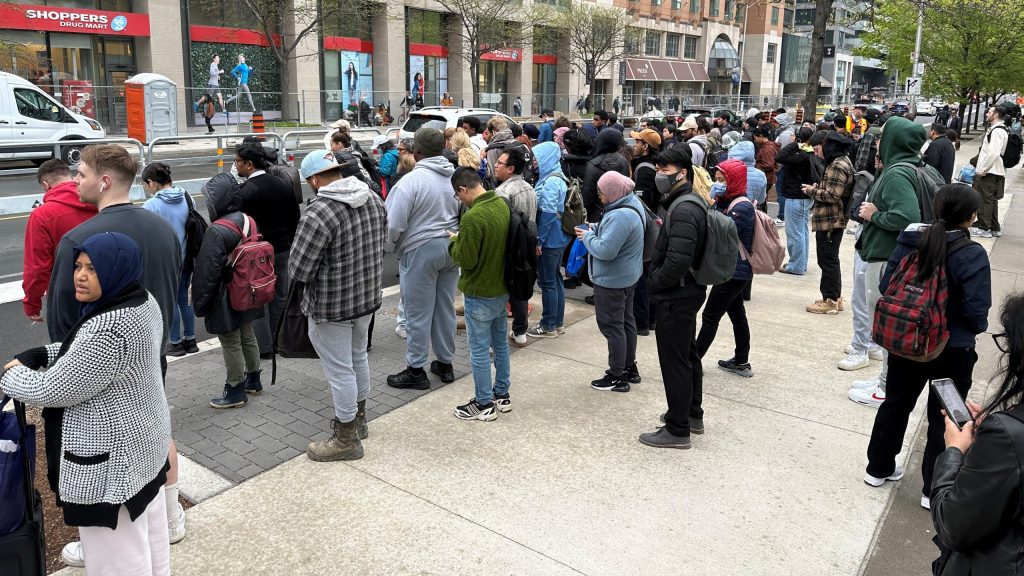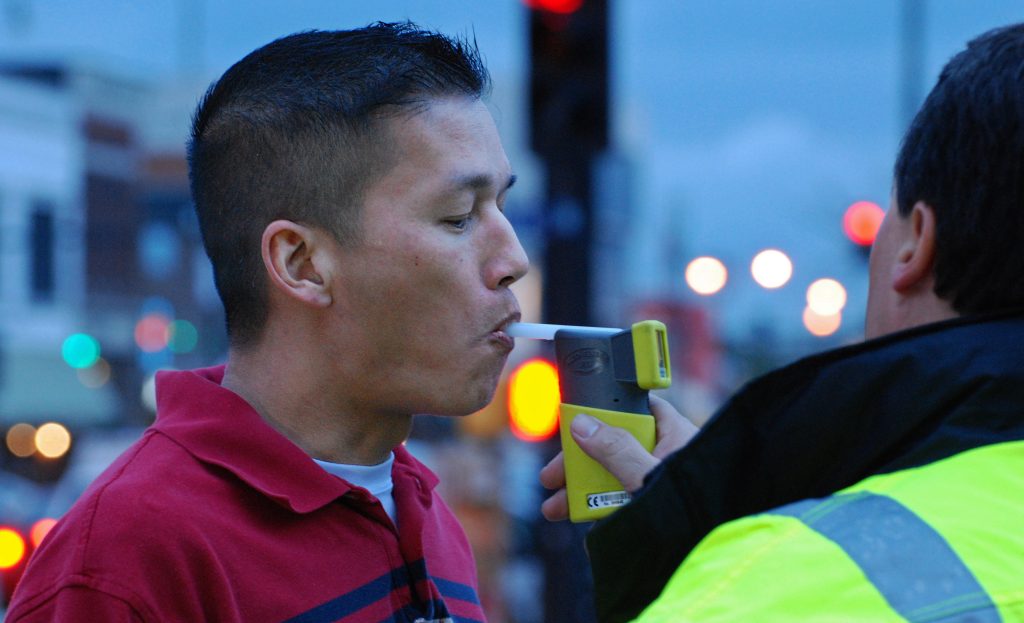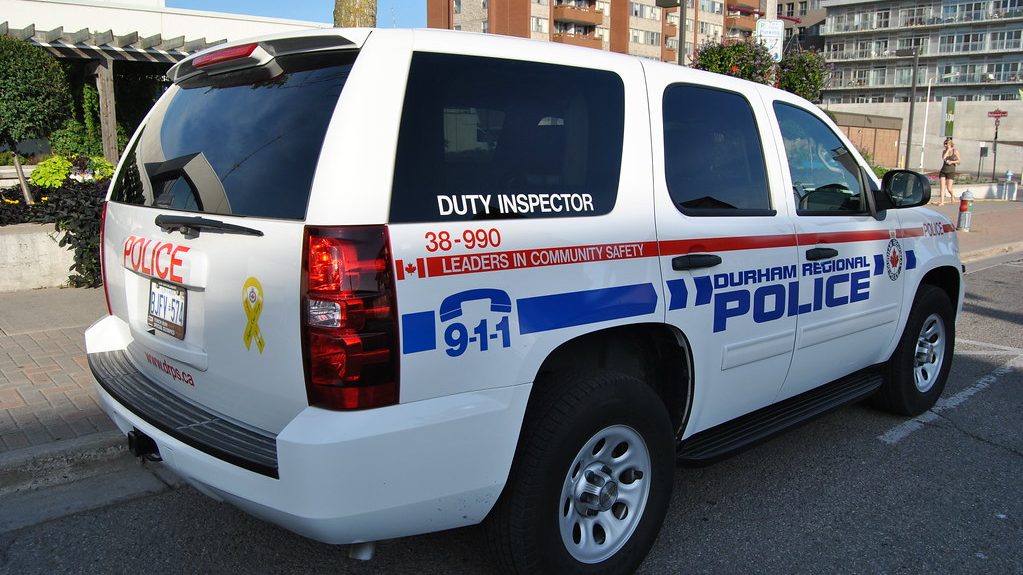Ontario expands eligibility for COVID antivirals, PCR testing for those at high risk
Posted April 11, 2022 7:51 am.
Last Updated April 11, 2022 2:25 pm.
The Ford government announced the province is expanding eligibility for COVID-19 antiviral treatments and PCR testing to more high-risk individuals.
Ontario’s chief medical officer of health, Dr. Kieran Moore, announced the expansion in his first public update on COVID-19 since late March.
Moore says the decision to extend these services will offer increased protection to the most vulnerable and ensure hospital capacity remains stable.
“I am pleased that we will be able to offer more accessible antiviral treatment options to more people across Ontario,” Moore said in a news release.
The higher-risk groups eligible to be tested and assessed for antiviral treatments, such as Paxlovid, include individuals aged 18 and over who are immunocompromised (have an immune system that is weakened by a health condition or medications), individuals aged 70 and over, those 60 and over with fewer than three vaccine doses, and people aged 18 and over with fewer than three vaccine doses and at least one risk condition.
Moore also encouraged Ontarians to get vaccinated and wear masks despite lifting the mandate in March. The Ford government has faced criticism from those in the public health sector following its decision to lift masking requirements in most settings, including schools.
The province’s top doctor has not made a public appearance in several weeks. Since that time, most public health measures in the province have been lifted, and Ontario has entered a sixth pandemic wave.
“Yes, we’re in a sixth [COVID-19] wave,” Moore said on Monday.
“Yes, we will see a rise in admissions to hospitals and to the intensive care unit (ICU).”
Premier Doug Ford came to the defence of Moore last week, with many questioning his absence since the province lifted mask mandates, and cases have been steadily on the rise.
“I’m very, very confident as we see the uptick a little bit that we knew that was coming, and Dr. Moore mentioned it, and I’ve mentioned it publicly — we can handle this,” said Ford last week.
Related:
-
Report highlighting COVID’s effect on children to go before Toronto’s Board of Health
-
COVID-19 brain fog: How the virus impacts the nervous system
Starting April 12, Moore says COVID-19 antivirals will be dispensed at various locations, including participating pharmacies. A list of pharmacies handling Paxlovid will be available at Ontario.ca/antivirals as of 8 a.m. on Wednesday, April 13.
The list will be regularly updated as the list of participating pharmacies expands, Moore says. Treatment for antivirals must be started within five days of symptoms in most cases, the province says.
CityNews confirmed last week that only 2.9 per cent of the Paxlovid antiviral stockpile in Ontario has been dispensed to patients since it was approved for use more than two months ago.
It was at the end of January when Ontario health officials announced the criteria for accessing the two-drug combination, which was deemed so successful at reducing hospitalizations and deaths among high-risk people not yet seriously ill with COVID-19 that Pfizer ended the trial early so it could start giving the treatment to a wider group of people.
When asked for an update on the status of handing out the multi-day courses of Paxlovid, Ontario government staff said in a statement to CityNews that around 400 people were given the drugs through provincial COVID-19 clinical assessment centres and 755 treatment courses were sent to hospitals to treat patients in care.

In late March, Ontario’s chief medical officer announced the lifting of its mask mandates in most indoor settings. Photo courtesy: Unsplash.
Meanwhile, masking requirements remain for public transit, long-term care, retirement homes and other health-care settings, congregate care settings, shelters, jails and homes for individuals with developmental disabilities.
Mandatory mask rules are currently scheduled to end for all remaining locations on April 27, but Moore says he is actively discussing a plan to extend mandatory face coverings in high-risk settings, including public transit.
Ontario Health Minister Christine Elliott said last week there are no plans to change the masking rules in the province, despite calls from the opposition parties to do so.
Moore reiterated that on Monday.
“We will not be reinstating a broad mask mandate at this time,” he said.
“We should all be prepared that we may need to resume requirement for mask-wearing in indoor public spaces if a new variant of concern emerges, a threat to our healthcare system, or potentially during the winter months when COVID-19 and other respiratory viruses are likely to circulate again.”
The head of the province’s science advisory table, Dr. Peter Juni, told Breakfast Television that the panel provided Moore with regular updates since he last made a public appearance.
“I think the messaging is the problem. We don’t have clear communication,” says Juni. “Yes, the mask mandate has been lifted, but no, you cannot go back to normal. We continue to strongly recommend masks.”
“The horse is out of the barn now,” said Juni when asked if he thinks mask mandates should be reinstated.
Wastewater surveillance has suggested Ontario is likely seeing somewhere between 100,000 and 120,000 new cases a day, with the BA.2 strain now the dominant strain of the virus in the province.
Juni says he is concerned that the high community transmission rate will result in a shortage of health workers as hospital and ICU numbers continue to rise.
“There’s no way we can ramp up ICU beds. We need to work with what we have, and it will be very challenging because of the staff,” he says.
As of Sunday, hospitalizations in the province are up 22 per cent week-over-week, with 977 patients in the hospital.
The number of patients in ICU has climbed to 173 – a four per cent increase in admissions over the previous week. Of those patients, 88 of them are on a ventilator.
The province opened up fourth doses of the COVID-19 vaccine on Thursday to anyone 60 and older and said the move was made in consultation with Moore.










